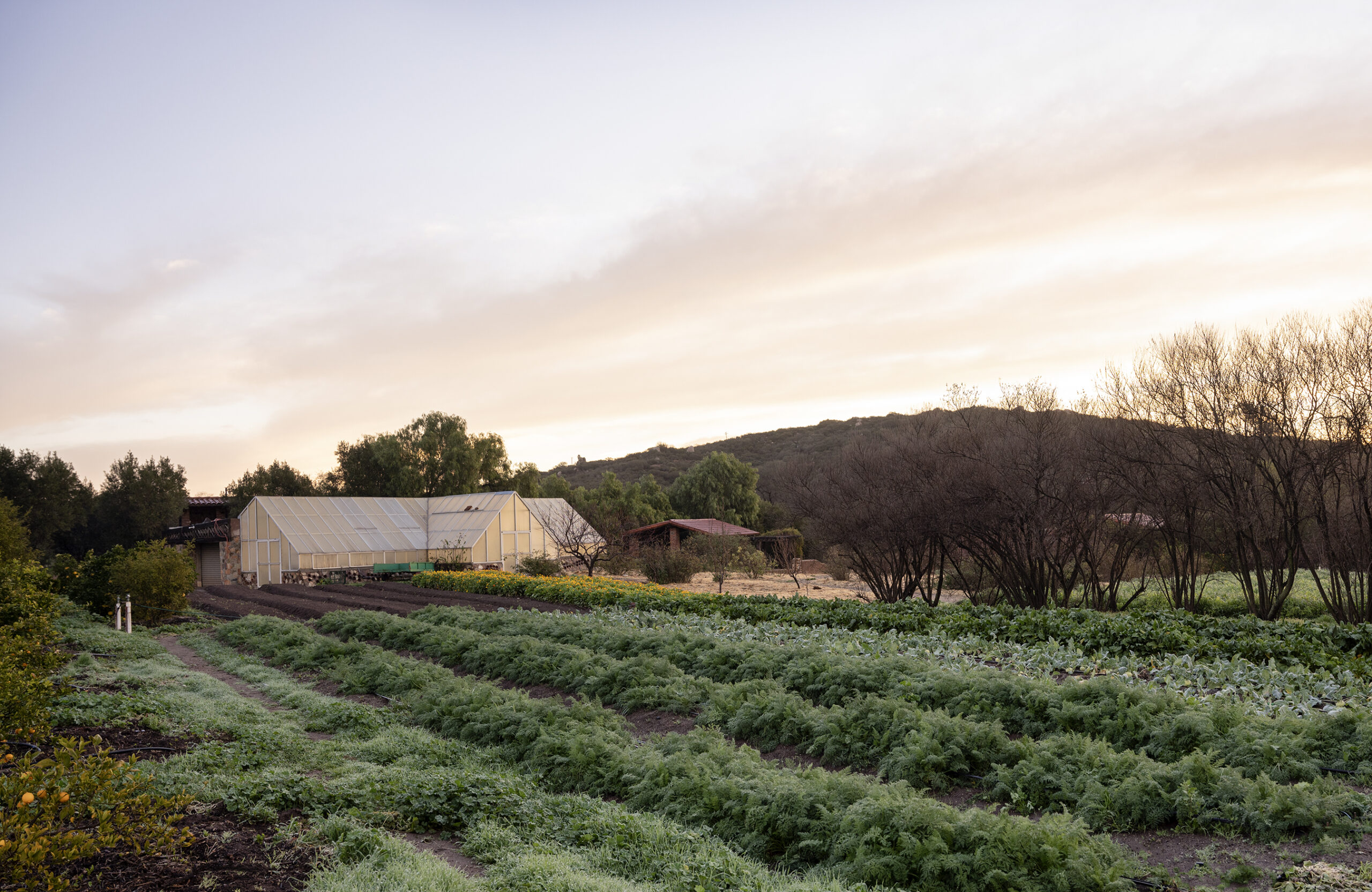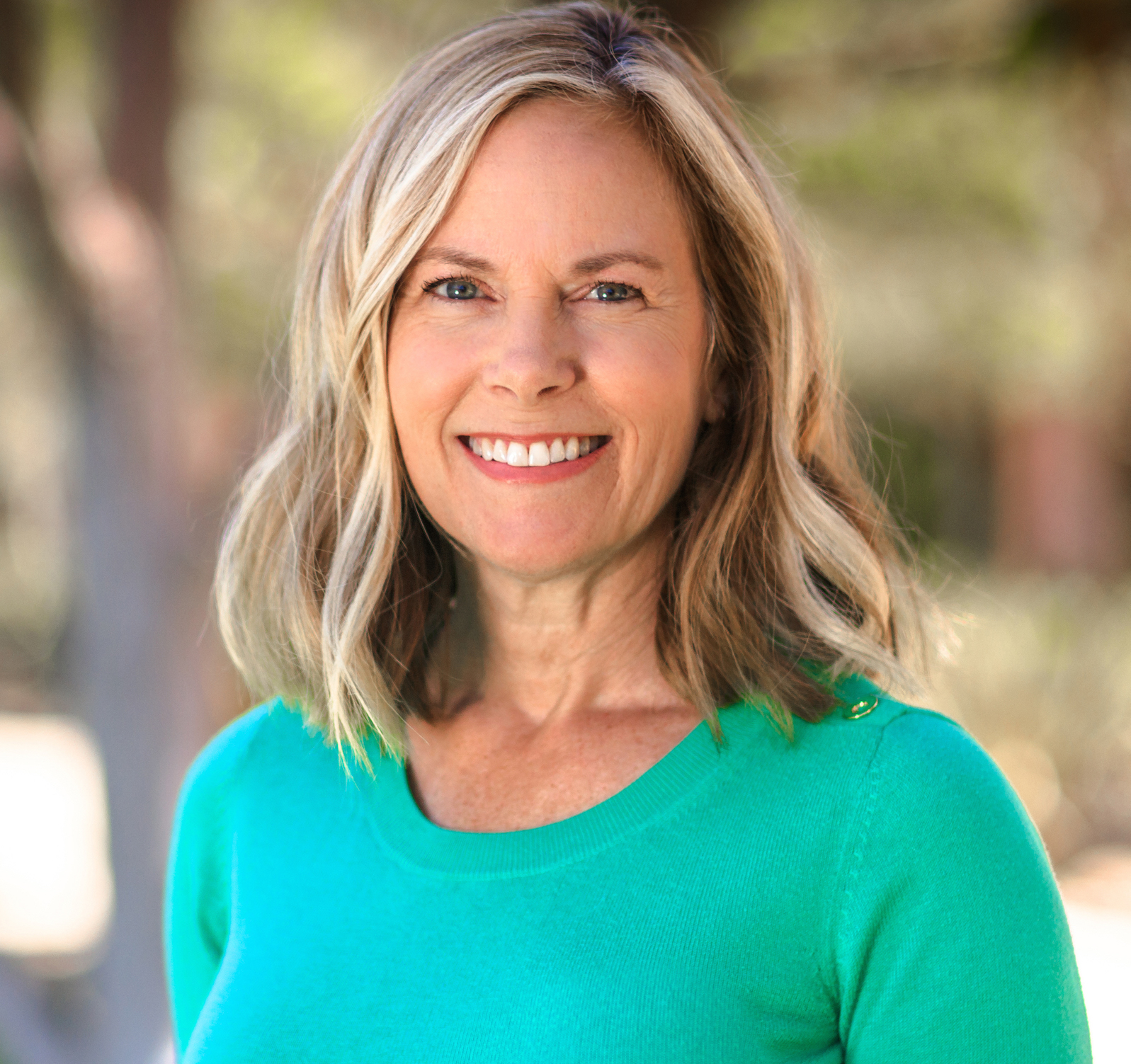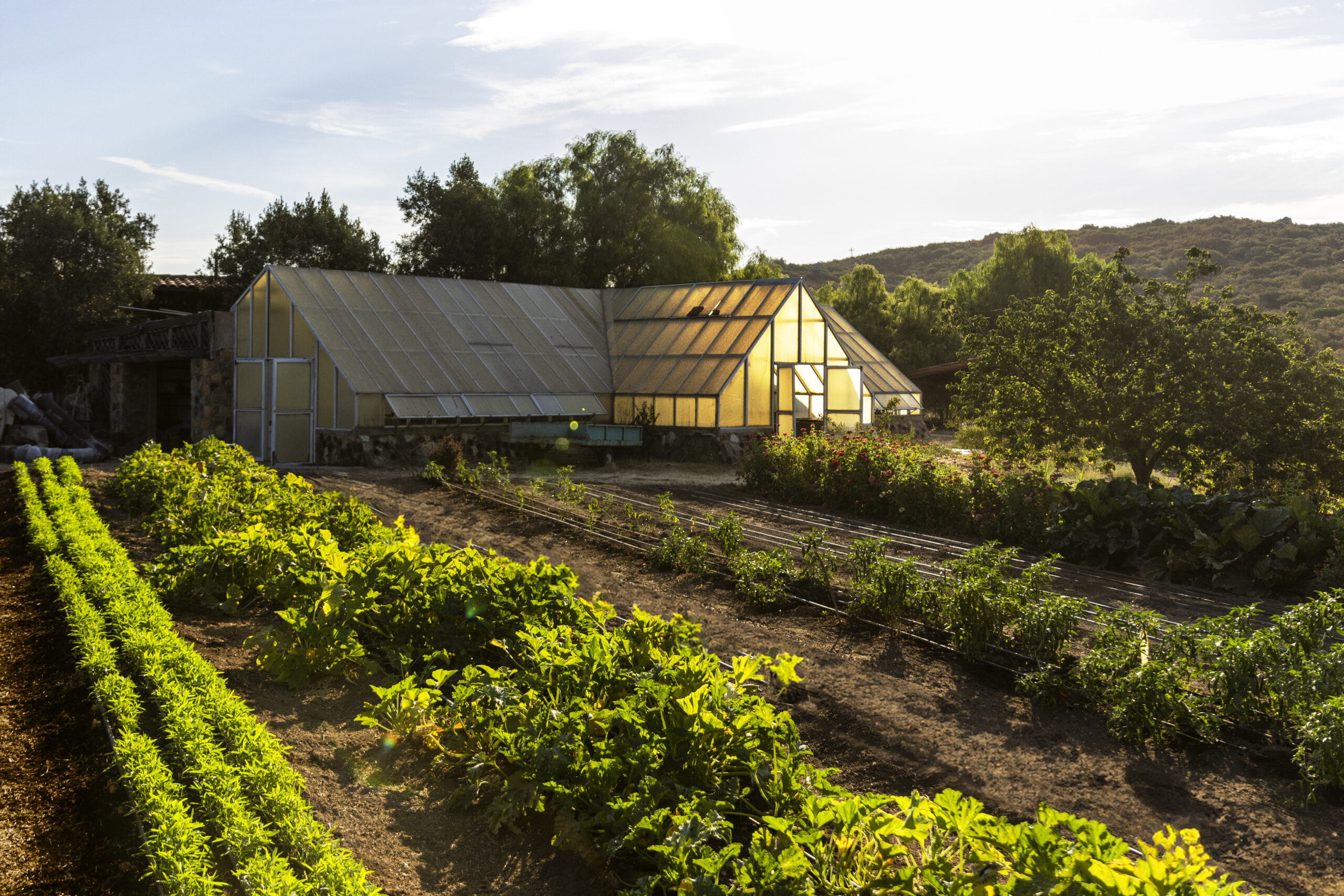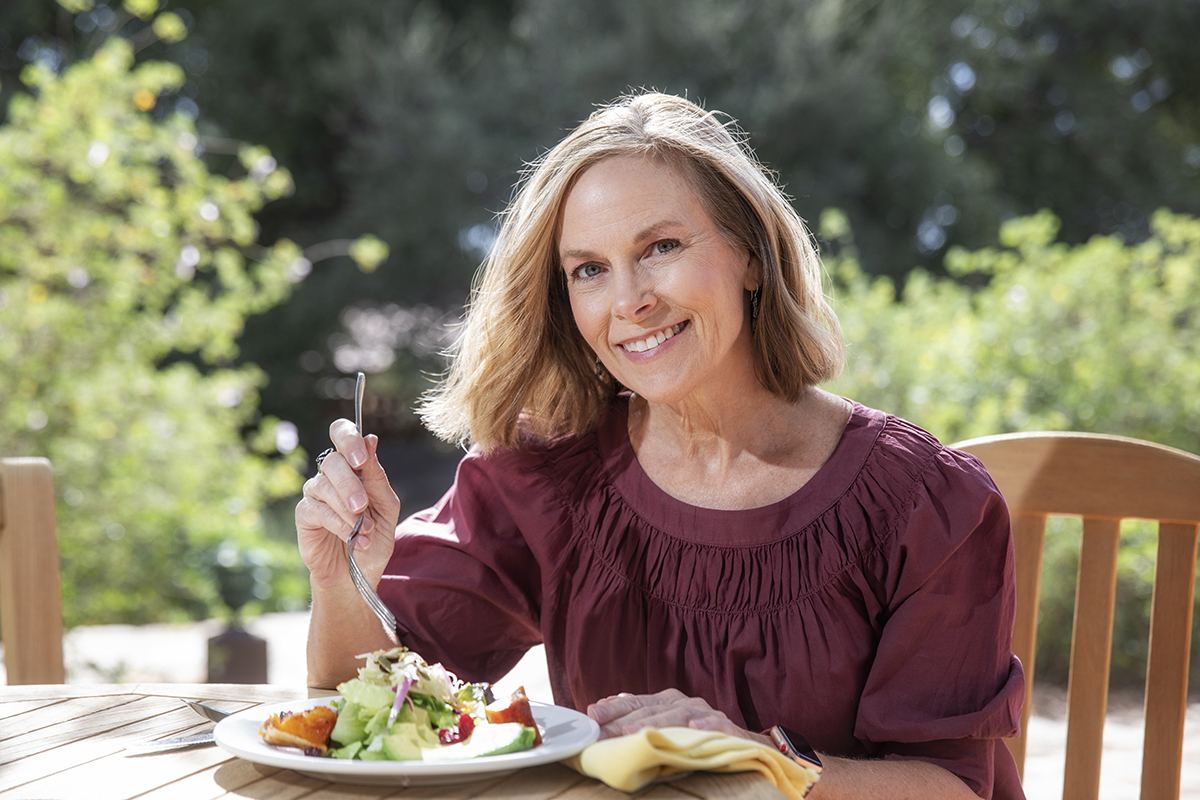New Year, New Nutrition

The start of a new year often includes plans for improving our health through better nutrition. Many people turn to detoxifying programs and a cleanse to start this process, hoping to jumpstart healthy eating and lose those extra pounds gained during the holidays. Cleanses and detox programs enhance the removal of toxins by eliminating inflammatory foods that can lead to weight gain, bloating, musculoskeletal pain, and fatigue.
Detoxes and cleanses are typically short-term programs that involve strict dietary regimens that eliminate processed foods, sugar, gluten, dairy, and caffeine. Simple sugars, processed foods, alcohol, and inflammatory fats and oils cause most inflammation in the body. When inflammation is high, nutrients get shuttled away from some of their main tasks to deal with the inflammation. By eliminating the most inflammatory components, the body can devote resources to repairing damage from inflammation, better support immune function, and promote energy production.
Cleanse and detox options vary, each with its advantages and disadvantages. Strict juicing programs may be too high in simple carbohydrates for some and lack protein and essential amino acids needed to promote some aspects of detoxification. Cleanses that include two protein smoothies and a simple meal of vegetables and protein each day are among the best options to prevent loss of muscle mass and have plenty of fiber and antioxidants.
The simplest and most sustainable option is well-planned meals of whole, unprocessed foods. Keep breakfast simple and without any added sugar. Fill half your plate with raw or cooked vegetables at lunch and dinner, including 4-6 ounces of fish or chicken and 1/2 cup of legumes or whole grains like quinoa or fresh fruit. If you are not eating fatty fish like sardines, tuna, or salmon, include one to two tablespoons of high-quality olive oil to provide anti-inflammatory Omega 3 fatty acids. For those who eat 100% plant-based, use legumes, tofu, or tempeh to meet your protein needs, and add nuts and seeds to provide Omega 3s.
Foods to be sure to include are:
- Green tea for high levels of antioxidants
- Olive or avocado oil for Omega 3’s
- Greens: spinach, romaine, chard, kale, dandelion, cabbage, and broccoli for fiber, minerals, folate
- Brazil nuts are a reliable source of selenium
- 2-3 liters of water for adequate urine output
- Garlic, onions, and chives are good sources of sulfur for detoxification
Good detox and cleanse programs also emphasize mind-body connections such as optimal sleep, exercise, and stress management. Saunas and steam baths may also enhance toxin removal via sweat and, as research indicates, reduce inflammation.
If a stricter detox program is beyond your interest or ability, try implementing a simple fasting practice to help maintain a healthy weight and control inflammation. Fasting daily for 12-14 hours between dinner and breakfast is an easy practice for most people. While a periodic cleanse or detox can be very helpful, the best option is a sustainable healthy eating plan that is easy to implement throughout the year, like the Mediterranean Diet. No matter how you start the year, here’s to a healthy and very happy 2024!

Linda Illingworth, RDN, CSSD, is the Registered Dietitian at Lifewellness Institute, a medical practice specializing in wellness, where she provides clinical care and nutritional guidance for patients and corporate clients. An expert in functional nutrition, Linda is known for her practical advice to find the best nutritional path to achieve specific health goals. As a certified specialist in Sports Nutrition, Linda also has specialized training in food sensitivities, supplementation, wellness, thyroid and cardiovascular nutrition. Linda holds a B.S. in Nutrition from California State University Long Beach and completed her dietetic internship at St. Luke’s Hospital, Wisconsin. Her special interest in nutrition and wellness began in college with her father’s death, the result of cardiovascular disease and thus created a life-long desire to learn. Linda is frequently consulted for her depth and breadth of nutritional knowledge, has developed nutrition curriculum for popular destination health spas, National University, consults for non-profit nutrition programs, and can be found in print and online media.


